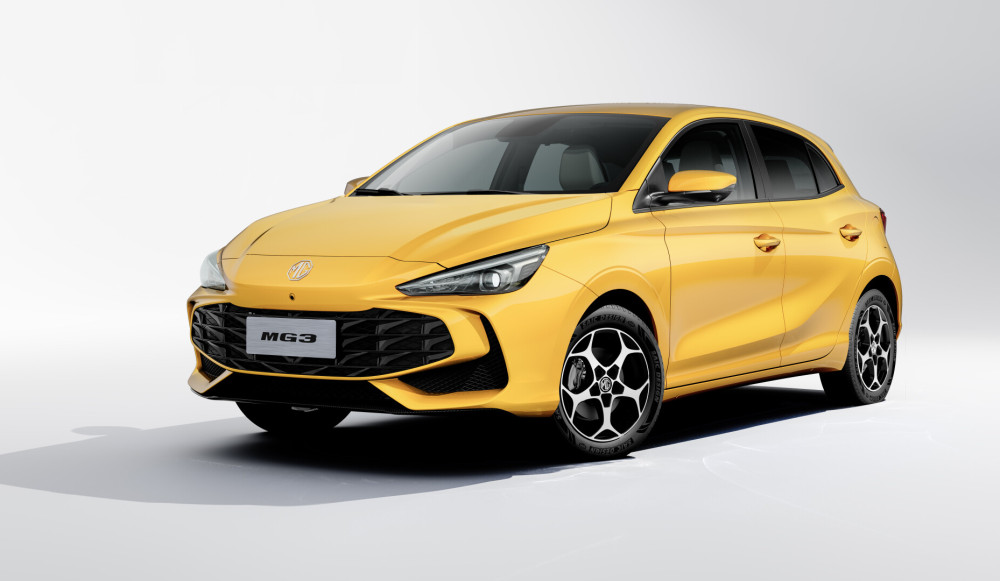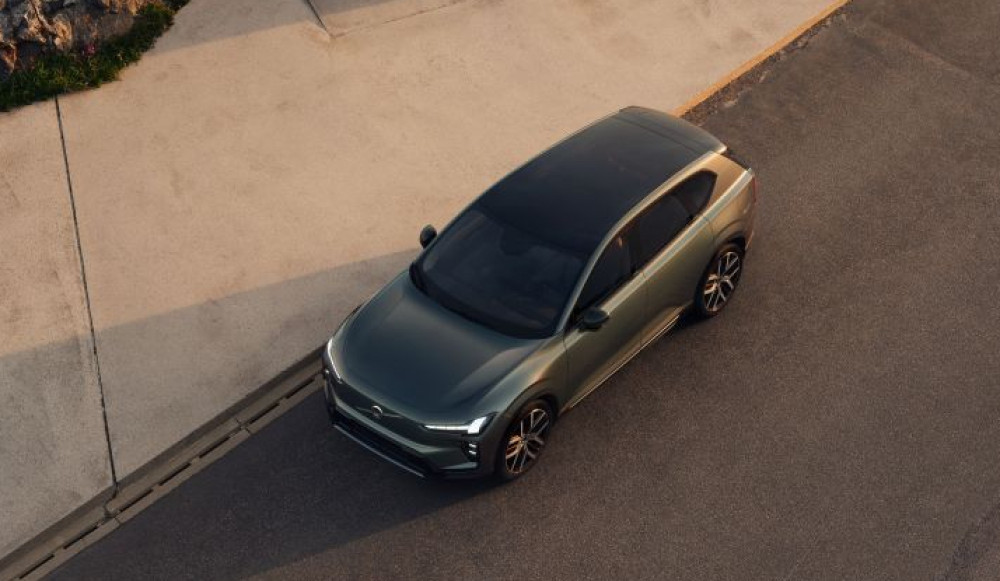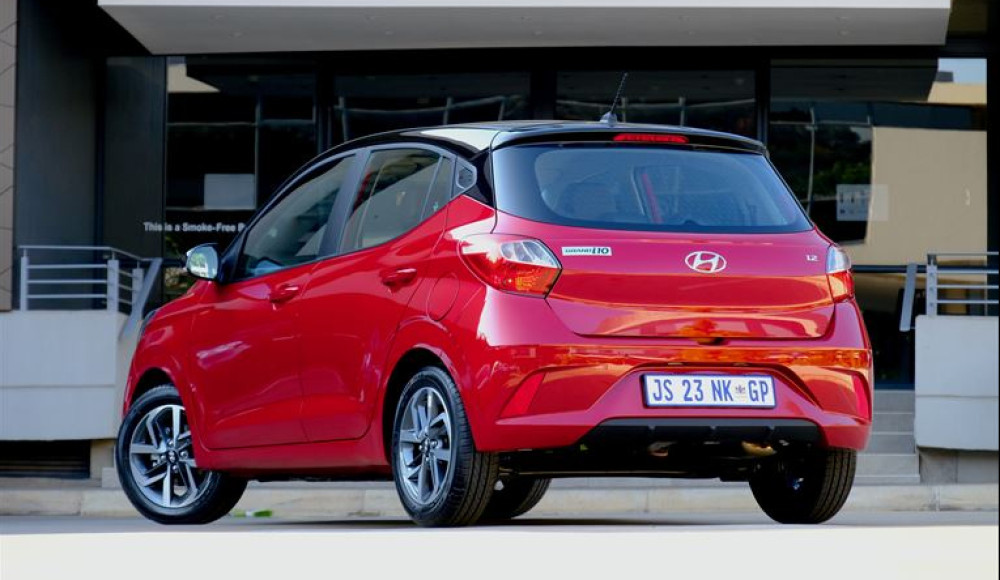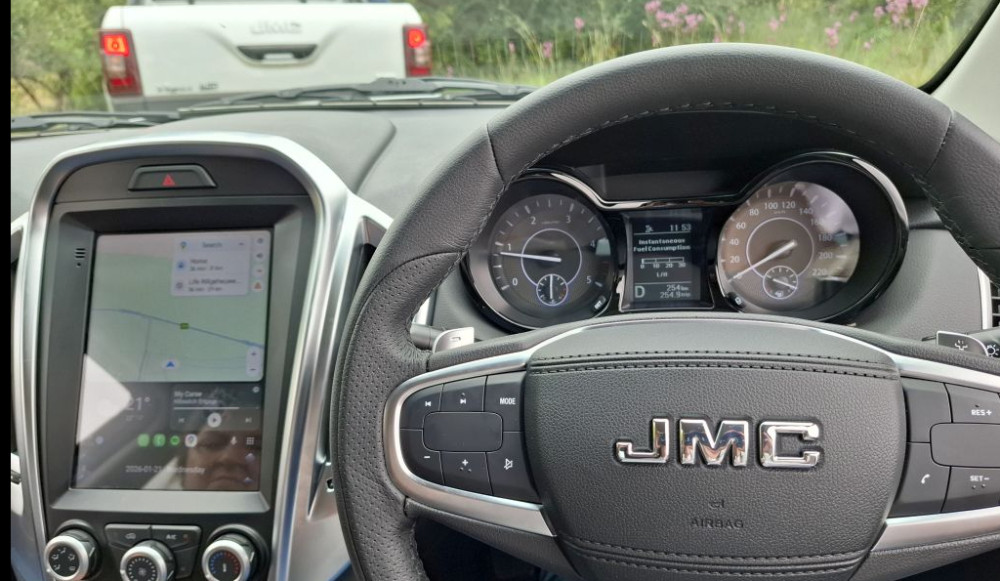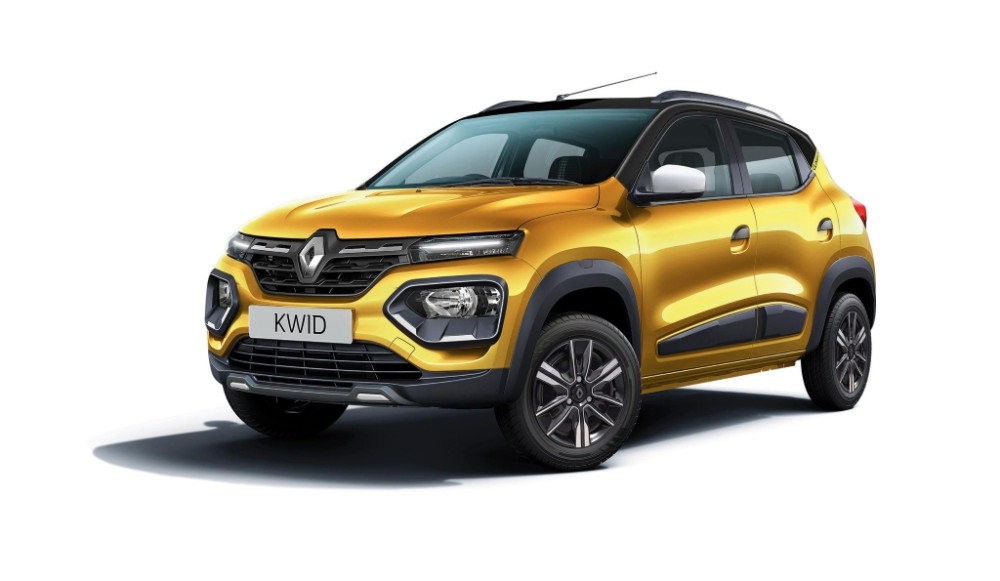Volvo Cars has introduced its latest fully electric model, the ES90 sedan, scheduled to begin production later this summer. Significantly, the manufacturing process for the ES90 will utilise climate-neutral energy. The company has concurrently released a new Life Cycle Assessment (LCA) report specific to the ES90, detailing the materials and processes contributing to the vehicle's overall carbon emissions throughout its lifespan.
According to the LCA report, the ES90's total carbon footprint is calculated at 31 tonnes when charged using a typical European energy mix. However, this figure reduces to 26 tonnes when the vehicle is charged exclusively using wind energy.
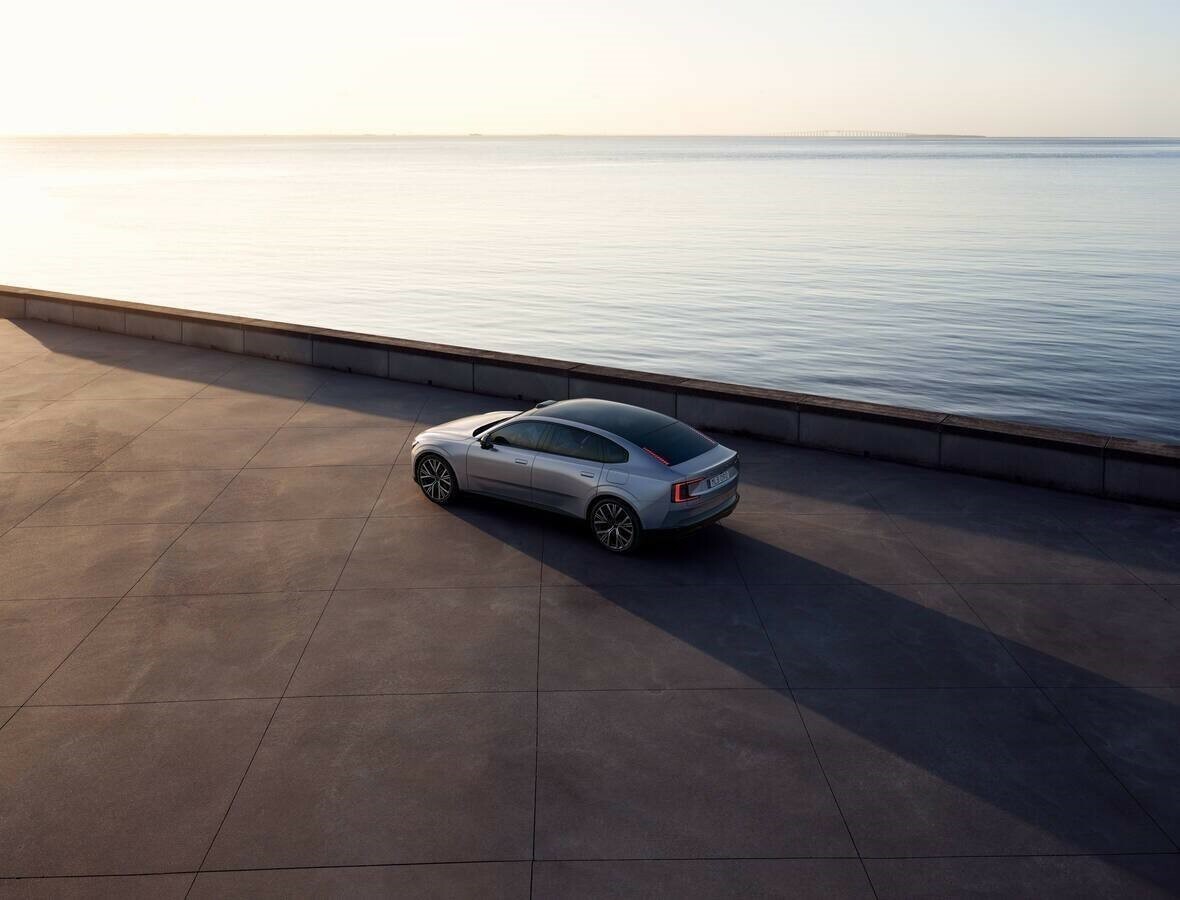
Check out this diesel version of the S90 we have on offer - click here
When compared to previous Volvo models using the European energy mix benchmark, the ES90's footprint is around 50% lower than the Volvo S90 mild hybrid variant and about 30% lower than a plug-in hybrid S90. The ES90's footprint is also lower than that of the Volvo EX40 and EC40 models.
This data indicates the ES90 achieves a notably reduced carbon footprint relative to earlier Volvo vehicles. Volvo Cars suggests this reinforces the position that fully electric cars represent a sound environmental choice for consumers.
The independently verified LCA report meticulously tracks greenhouse gas emissions across the entire vehicle life cycle. This comprehensive analysis starts from the extraction and refining of raw materials and extends through to the car's end-of-life processing.
Vanessa Butani, Volvo Cars' head of global sustainability, emphasised the company's proactive stance: "We go beyond existing legislation and maintain clear ambitions because it matters to us. Our target is to reach net-zero greenhouse gas emissions by 2040. Leading in electrification is a key step towards that goal. The ES90 embodies our holistic approach to sustainability, encompassing the circular economy, climate-neutral manufacturing, and responsible business practices."
Extending Sustainability Commitments
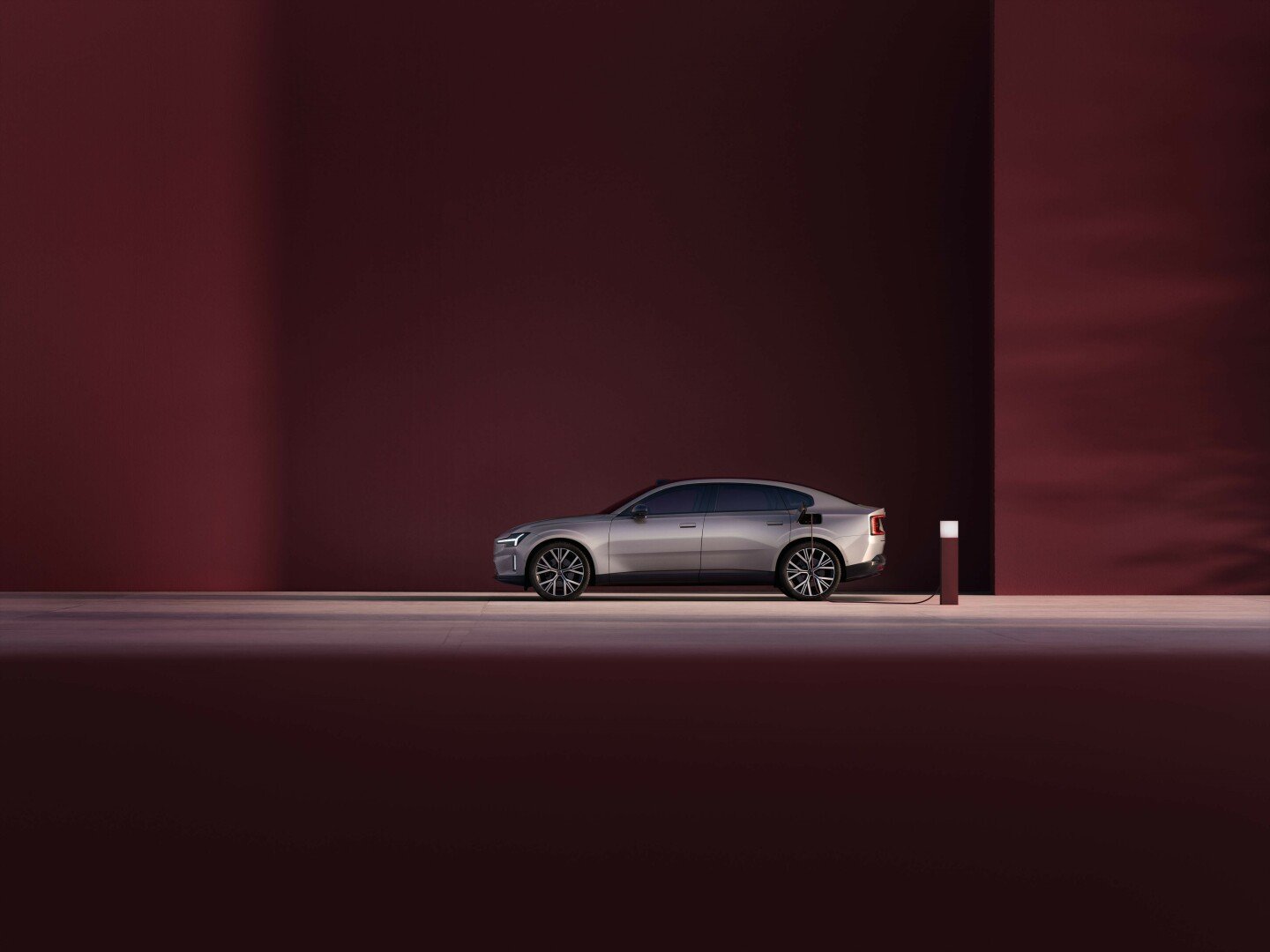
Need finance – click here for the very best finance deals for your new car
Volvo Cars established a precedent in 2019 by becoming the first major car manufacturer to pledge LCA reports for all its global fully electric models. Publicly releasing these reports aims to empower customers with information for their electric vehicle choices. The ES90 report marks the fifth such disclosure, following reports for the EX40, EC40, EX30, and EX90.
Beyond its zero tailpipe emissions, the ES90 incorporates sustainability throughout its design. It is the first Volvo model to feature the company's new 800-volt electric architecture. This system enhances charging capabilities and energy efficiency, partly due to lighter components reducing the vehicle's overall weight. Aerodynamic design also contributes to efficiency, achieving a drag coefficient of 0.25.
Material choices reflect Volvo's circular economy focus. The ES90 incorporates approximately 29% recycled aluminium, 18% recycled steel, and 16% recycled polymers and bio-based materials. Inside the cabin, customers can opt for Nordico upholstery, crafted from recycled materials like PET bottles and bio-attributed substances. Real, FSC-certified wood is also used. Furthermore, the ES90 includes Volvo Cars' pioneering battery passport, utilising blockchain technology to trace the origin of raw materials and monitor battery health.
The first ES90 units destined for customers are expected to leave the production line this summer. Orders are currently open in several European markets, including Austria, Belgium, the Czech Republic, Finland, France, Germany, Greece, Hungary, Italy, the Netherlands, Norway, Poland, Portugal, Spain, Sweden, Switzerland, and the United Kingdom. Additional markets are planned for inclusion later this year and into 2026.
Colin Windell for Colin-on-Cars in association with
proudly CHANGECARS


